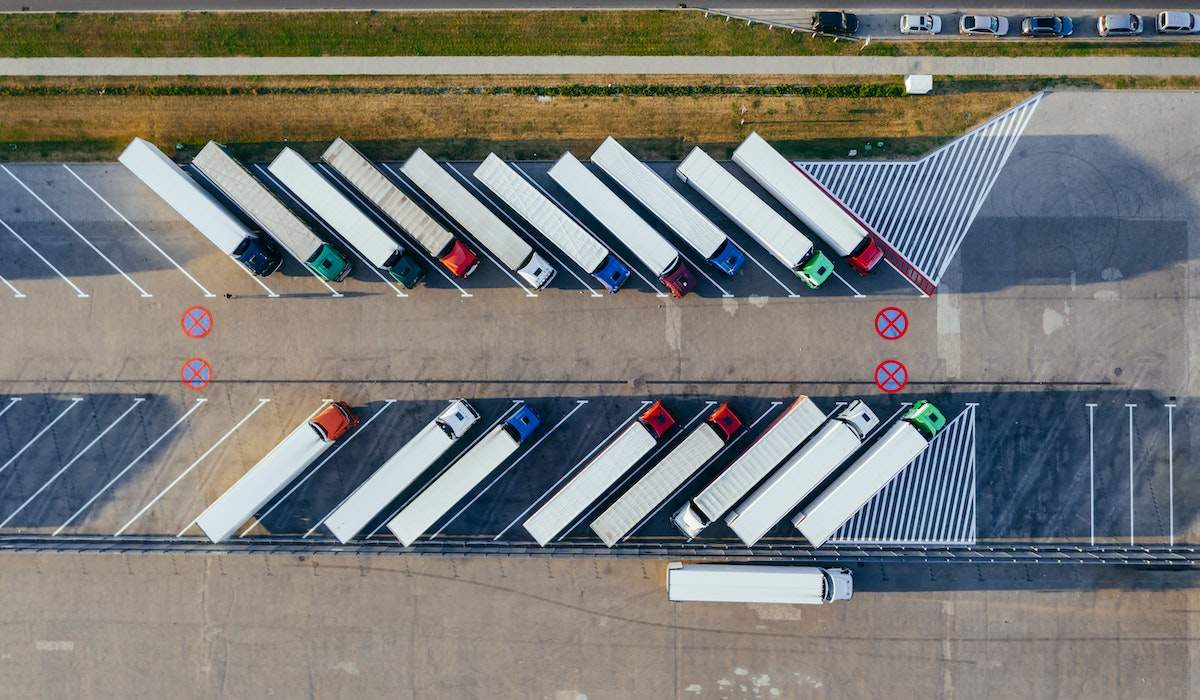
8 Helpful Tips to Protect Your Fleet from Cargo Theft
Cargo theft is becoming more common in the shipping industry. Theft of goods in transit may have devastating effects on a company, both financially and reputationally. It is essential to protect your fleet and cargo from harm and deliver them where they must go without incident. This article will provide eight methods for reducing fleet robbery and other relevant factors to keep in mind.
Why is it Critical that your Fleet be Secured to Avoid Cargo Theft?
Theft of vehicles and cargo may have far-reaching consequences for your fleet. Maintaining low theft rates is paramount since it is one of the biggest threats to a business’s bottom line.
Theft of cargo and vehicles may be very detrimental to businesses, and having to replace stolen items is inconvenient and may result in dissatisfied customers. Even if the trucks and trailers are not stolen, crashes often cause damage to them, which may be expensive to repair.
Preventing Cargo Theft is Vital Because:
- It may create severe financial losses.
- Taking preventative action may lessen the likelihood of theft.
- Protection against theft is an essential step in ensuring the safe delivery of packages.
- It helps prevent merchandise from being stolen while in transit.
To Prevent Cargo Theft, Consider These Eight Precautions
- Take Extra Precautions to Safeguard Your Vehicles
Securing your fleet’s cars is the first line of defense against theft. Check that the locks and alarms on all vehicles are operational, and think about getting GPS tracking devices for them so you can keep tabs on where they go. To prevent theft, tamper-evident seals or locks should be used on trailers.
- Do a Background Check on Your Drivers
It’s also crucial that you carefully vet your drivers. Verify that all drivers are reputable and have spotless driving histories. You should ensure your drivers know the best methods for avoiding cargo theft, and you may want to examine their backgrounds and give them drug tests.
- Decide on Your Travel Itinerary
It’s been shown that times of day and places are more prone to cargo theft. Deliveries should be scheduled during the daytime wherever feasible, and high-risk routes should be avoided.
- Profit From Today’s Technology
Technology developments might significantly cut down on cargo theft. Use cargo sensors and real-time tracking systems to keep tabs on deliveries; think about installing trailers with automatic locks.
- Educate Your Staff
Cargo theft may be avoided if employees are properly trained. Assure all personnel have been briefed on the dangers and have received training in the best procedures for preventing theft. Involved in this are protocols for loading and unloading goods, as well as for reporting theft or other questionable behavior.
- Get to Know Your Customers
Knowing the policies and processes of the companies you are shipping and receiving from is essential. It’s a good idea to do regular audits of your partners’ security measures to ensure they’re up to date with industry standards for stopping theft.
- Make Good Use of Insurance Coverage
Theft of cargo may have devastating financial consequences, but cargo insurance can reduce this risk. Verify that your fleet is adequately insured and that you know your policy’s details. There are many commercial trucking insurance and boat insurance that can help you reduce the risk.
- Get yourself Caught Up on the Latest News in your Industry
Finally, maintain familiarity with recent events and trends in cargo theft. You must be informed of any changes to laws or regulations that may affect your business and any new technology and best practices for avoiding theft.
Additional Considerations
The measures mentioned above are only the beginning of what has to be done to prevent your fleet from being stolen. Strong facility security, effective supply chain management, and positive connections with law enforcement are all essential.
Theft of goods presents risks:
Among the dangers of cargo theft are the following:
- The possible outcomes are a physical danger to drivers
- Reputational harm to business owners
- Social alarm
- Broken machinery
- Higher repair bills
- Higher insurance premiums
Conclusion
Theft of freight is a rising problem in the transportation sector, so preventative measures are required. You can help protect your shipments and reduce the likelihood of theft by taking steps like locking your vehicles, conducting background checks on drivers, planning your routes and schedules strategically, making good use of technology, training your staff, getting to know your shippers and receivers, taking advantage of insurance policies, and keeping abreast of industry developments and trends.

















